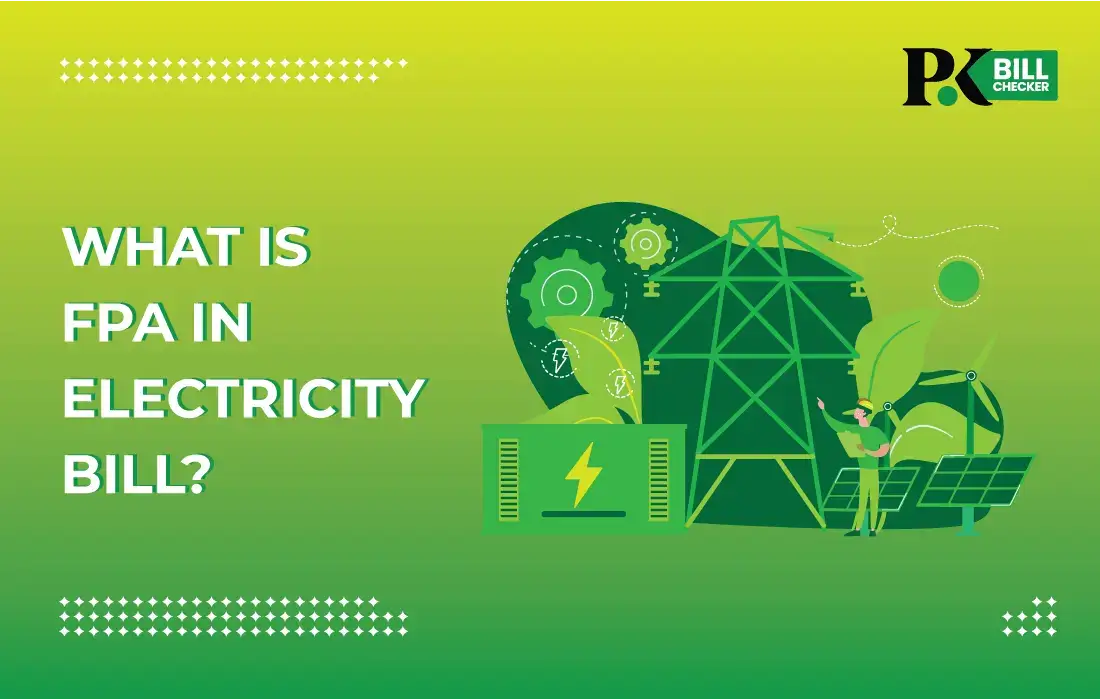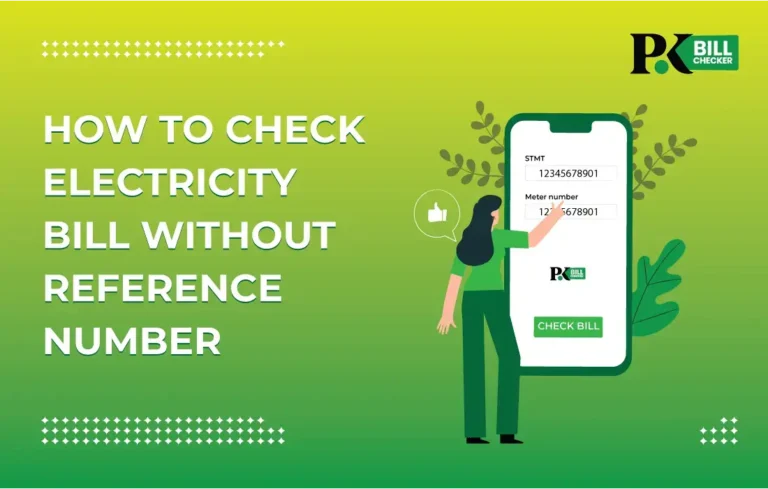What is FPA in Electricity Bill? Fuel Adjustment Charges 2023

Have you ever wondered what different kinds of additional charges you pay apart from the monthly electricity bill? Every Electricity Distribution Company in Pakistan adds a certain amount of taxes to consumer bill, including FPA (Fuel Price Adjustment), FC Surcharge (Financing Cost), TR (Rationalization Surcharge, QTR (Quarterly Tariff Adjustment), etc.
Out of these, FPA in electricity bill is usually charged higher to consumers due to the rising fuel prices and increasing demand for electricity in Pakistan. Let’s explore the factors responsible for the fluctuation in FPA cost and how to calculate Fuel Adjustment Charges in 2023!
Check your FESCO Duplicate Bill Online
What is FPA in Electricity Bill?
FPA stands for ‘Fuel Price Adjustment’ and is charged in electricity bills based on the latest Fuel cost, consumed electricity units, and the Dollar price in Pakistan. The FPA tax in electricity bills directly depends on the cost of electricity generation through Distribution Companies (FESCO, LESCO, MEPCO, IESCO, PESCO, QESCO, HESCO, and GEPCO) and their transmission to the energy consumers.
Why FPA Charges in Electricity Bill?
The electricity Distribution Companies in Pakistan charge FPA in consumer bills to meet the energy generation and transmission expenses. Many Government and private companies (IPPs) use different ways to generate electricity, i.e., coal, crude oil, or gas. Due to insufficient resources and the country’s declining economy, the electricity production rate is increasing daily.
Therefore, WAPDA charges a Fuel Price Adjustment tax to manage electricity production expenses, causing financial pressure on consumers. In short, Fuel Cost is determined by accessing the total cost of different fuels used to produce energy during one month.
Key Factors Determining the Fuel Price Adjustment Cost
In Pakistan, electricity is generated by various means, including Coal, Oil, Water, Natural Gas, and Water. Below are the key factors which determine the fluctuation in the rate of FPA in electricity bill:
- Variation in Dollar Price
- The total number of units consumed by the customers
- Economic State of the Country
- Fuel Purchase Price Set by the Power Generation Companies
- Type and Quantity of Fuel used to generate electricity
Costs Involved in Electricity Generation and Transmission in Pakistan
Power Generation Cost
Different Power generation companies use different ways to generate electricity, i.e., Water (hydropower), Natural Gas, Sun (solar), Coal (thermal), or Crude Oil. The cost of electricity generation directly depends on the type of fuel used and its recent price.
Transmission and Distribution Cost
After generating the required electricity, the Distribution Companies transmit it across different areas under their jurisdiction. Different Transmission Grids and Power Supplies distribute energy to domestic, agricultural, and commercial users.
Electricity Consumption Cost
Finally, electricity reaches every doorstep without interruption, and consumers pay their energy bills based on the total units consumed and the additional surcharges.
How to Calculate FPA in Electricity Bill?
Basket Fuel Cost is compared with the Reference Fuel Cost by NEPRA at the end of every month and is added to consumer bills. If the fuel cost is higher than the Reference Cost, consumers must pay the extra amount as Fuel Adjustment Charges.
Moreover, the rate of FPA depends on the electricity consumption, i.e., more FPA will be charged on consuming more units of electricity. Similarly, the type of your meter connection (domestic or commercial), Electricity Duty, and GST (General Sales Tax) are also considered while calculating the FPA rate. To calculate the total FPA price in a month, simply multiply the current rate of FPA by the total consumed units of electricity.
Bottom Line
FPA in electricity bill is a variable surcharge that depends on the fuel price, the economic state of the country, and the cost of energy generation set by Distribution Companies. Moreover, the FPA amount is charged based on the total consumed units of electricity, i.e., the more energy consumption, the higher will be the Fuel Price Adjustment Charges in the consumer bill.






